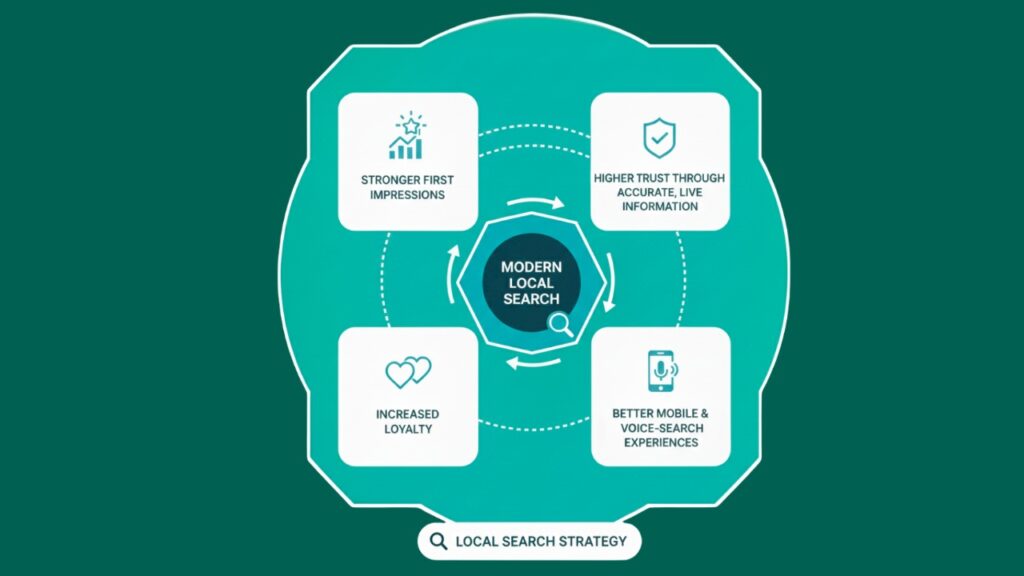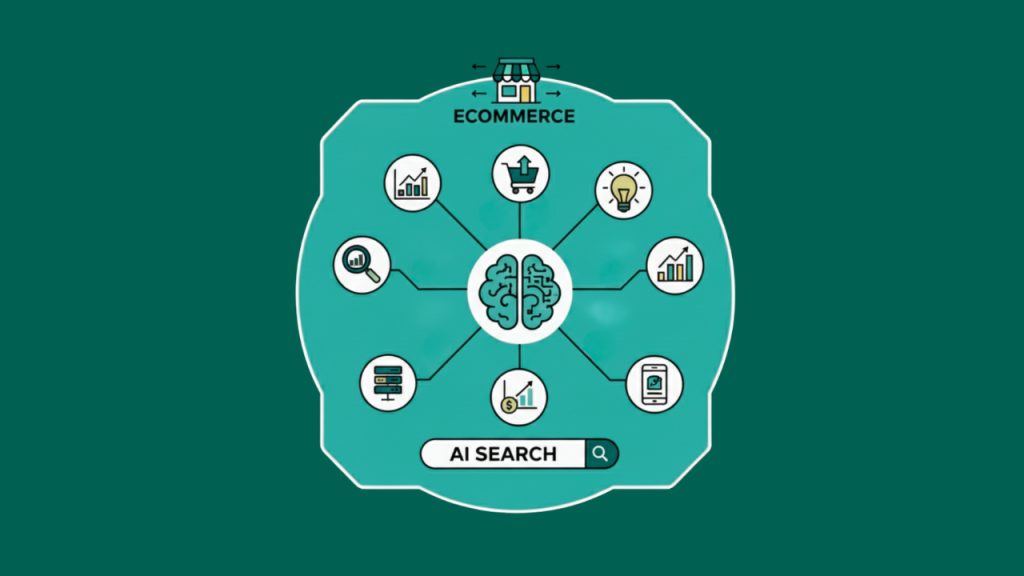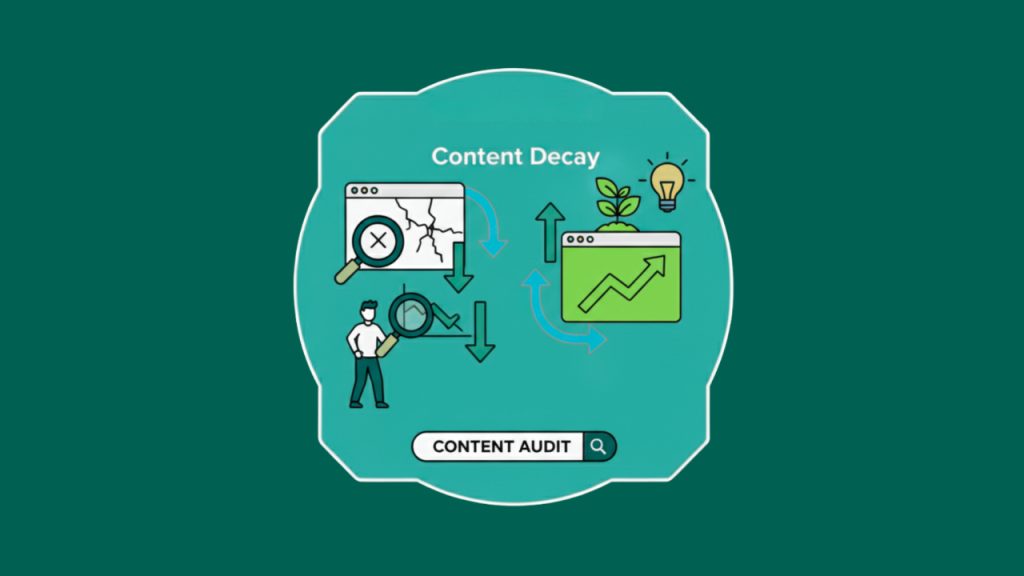AI writing tools have redefined how we create blogs, social posts, and marketing copy. With tools like ChatGPT, Gemini, and DeepSeek, powering businesses into the digital world has become easier. Yet one question lingers around this great development. Can algorithms truly replace human creativity? Can machine-written sentences build trust, emotion, and long-term engagement like human-crafted stories do?
AI Writing Tools vs Human Creativity is a common topic in this AI-advanced era. But still, no one can get to a clear ending with this question. To understand more of this question, let’s explore this topic better.
Table of Contents
The Rise of AI in Content Marketing
Artificial Intelligence isn’t a futuristic idea anymore. It became the strong backbone of modern content production. From startups to global brands, each of them uses AI tools. They use to shape blogs, newsletters, and social media posts in minutes. Time management and efficiency became easier with the support of AI.
AI content generation: speed, scalability, and data insights
AI-powered platforms have made it possible to create thousands of words in seconds. They can analyse trending keywords and the search intent of the audience. This data can be carried as information faster than any human to create content. Businesses love scalability and efficiency, as managing time is vital. One tool can draft content across topics and industries while keeping an eye on SEO, which makes the best use of them.
They also offer various features like grammar correction, readability, and real-time keyword suggestions. This can make writers reduce the time spent on proofreading their content. These tools can save time and reduce the cost of placing in production.
How AI is transforming the workflow of modern content teams
Before AI, writers spent hours researching, outlining, and editing to make perfect content. Today, those tasks can be automated and get better support through AI. These tools help teams focus on creative strategy instead of manual work. Editors can refine tone and storytelling rather than starting from scratch.
Marketing teams use AI to build topic clusters, analyse competitors, and predict what readers want next. As they evolve into better performance, it’s not just a writing assistant. These AIs became intelligent collaborators to writers.
The Power of Human Creativity in Blogging
Despite all this progress in AI tools, human creativity remains unmatched by them. Words written by people and words written by AI have a huge difference. The human words still carry something AI can’t duplicate. Examples like emotion, nuance, and empathy can’t be replicated or conveyed in words by tools.
Emotional intelligence and relatability in human writing
Humans write from the experience they gained in their lives. They understand humour, cultural context, and subtle emotion and are able to change the content to make things close to others. A person can sense when to add warmth, tension, or comfort to a sentence. And readers respond to that authenticity and feel the content. It’s what makes a story memorable, a review trustworthy, or a blog shareable.
Creative storytelling and adaptability that AI can’t fully replicate
A human writer doesn’t just deliver facts like the AI tools. They tell stories along with facts to reach readers well. They can shift tone, play with rhythm, and connect ideas in unexpected ways. AI may predict patterns, but humans create them. The best-performing blogs often include personal insights, metaphors, or lived experiences that only a real person could craft.
Comparing Blog Performance: AI Writing Tools vs Human Creativity
Which one performs better? Let’s look at the data and patterns that define today’s blog ecosystem.
Traffic trends and audience engagement data
AI-written blogs can perform well initially. They’re keyword-rich and optimised for SEO, helping them rank faster. However, long-term engagement often drops. Readers spend less time on pages when they sense a mechanical tone or a lack of originality.
Human-written blogs, while slower to produce, tend to hold attention better. They inspire comments, shares, and backlinks — all key indicators of engagement.
Conversion effectiveness: AI efficiency vs human empathy
When it comes to turning visitors into customers, emotion plays a big part. Human-written blogs can build connections and trust with their readers. Also, it has the factors that influence buying decisions. On the other hand, AI-generated content may present the facts straight to the point. But without the emotional push, conversion rates can lag.
Hybrid Blogging: The Best of Both Worlds
Even though the debate still continues on using AI for content or not. But the real future of content lies in partnership. If AI and human creativity can work together, they can blend precision with personality. In this way, they can manage to create better content along with time management.
How AI-assisted content boosts productivity without sacrificing creativity
Writers can use AI for brainstorming, research, and outlines. It can also handle mechanical work. Analysing the SEO, creating the content structure, and planning the keyword balance became easier. This leaves humans to have free time and focus on storytelling in a better way.
When writers edit AI drafts, they can infuse warmth, humour, and perspective. This type of content also makes good visitors and readers enjoy the info. To shorten the production time, businesses use this hybrid method. It also gives good results by keeping the heart of the content alive.
Case studies or examples of successful AI & human blogs
Some digital publishers already use this hybrid method for their content. AI tools will generate the first drafts of the content. And editors get to shape them into compelling stories. These blogs often see higher organic traffic and stronger engagement metrics. It performs better than purely AI-generated content.
SEO Implications of AI and Human Content
Google’s approach to content is evolving each day. Right now in 2025, the focus isn’t on who wrote it, but on how useful and trustworthy your content will be.
Risks of fully AI-generated content for search ranking
Over-reliance on automation can lead to problems in your content. As everyone knows, AI tools sometimes recycle information on your query. They create repetitive or shallow posts about the content you were researching. Search engines now penalise “thin” content that lacks original value or human oversight. This may lead your content to rank lower and cause trust issues with your readers.
How human editing improves AI-written content for Google’s algorithms
Adding a human review ensures the accuracy, tone, and authenticity of the content. Editors can align the AI-generated drafts with Google’s EEAT principles. Experience, Expertise, Authoritativeness, and Trustworthiness, also known as EEAT. When humans refine their AI output content, the rankings improve, and trust builds naturally.
Common Mistakes and Pitfalls
Even though AI helps to speed things up, it’s not a reliable option for updating entire content. Writers often make errors when they depend too heavily on automation.
Over-automation vs under-optimisation
Some marketers publish AI drafts without editing or making changes to have emotion in their content. This creates robotic and repetitive blogs which give a soundless life. Others are completely ignoring AI and spend weeks writing content without helpful SEO insights. Both may lead to losing one part completely. Balance is crucial in terms of creating reliable content. Too much automation kills creativity and too little limits reach. A writer knows how to balance them both to create good content for readers.
Ensuring quality, readability, and engagement
AI tools should never be the final voice. A writer should always edit the content for flow, tone, and clarity. They have to check facts to add more emotional tone and personality. Humanising the statistics with stories makes readers understand the information easily. This approach keeps content engaging and audience-focused.
Predicting the Future of Blogging
The future isn’t just about knowing AI or humans. Maintaining balance and collaboration will define the next generation of successful blogs.
Trends: AI-assisted content creation and human curation
In 2025 and beyond, more teams started to understand the value of AI usage. And they begin to work on AI to create ideas, outlines, and drafts. And have humans make changes, polish, and publish as a better blog. This hybrid system will become the standard for SEO-driven storytelling.
Skills content marketers need to stay ahead
Writers must learn how to work along with AI, not against it. In this way, they can learn more new information and also evolve in a better way. Understanding prompts, optimisation tools, and editing techniques will make you great marketers.
Bonus Tip
Think of AI as your co-writer, not your competitor. You can use AI to build a proper structure, speed, and analytics. But you should never let it take over your content. In the end, your voice alone brings emotion and authenticity to your content. The best blogs will always sound human, even when AI lends a hand.
Conclusion
The battle between AI writing tools vs human creativity isn’t about replacement. It’s about balancing them to create proper content. AI offers speed, scale, and precision, and humans bring emotion, depth, and originality.
The blogs that dominate traffic in 2025 won’t rely solely on either side. They’ll blend both AI’s efficiency with a human heart. That’s the winning formula for content that ranks, converts, and resonates.
Contact us today to discuss more about SEO optimised content and how AI is refining the world of marketing.












